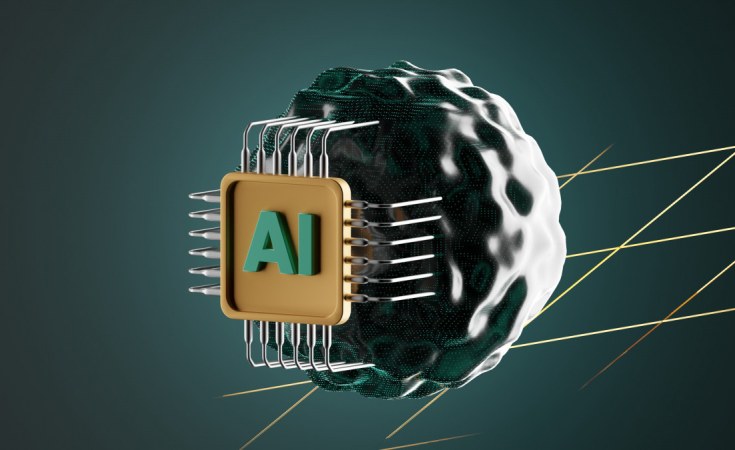The South African National Editors Forum (SANEF) and Media Monitoring Africa (MMA) recently circulated a paper that contains a risk assessment of factors that could impact the integrity of South Africa's 2024 elections. One of the mid-level risks on the list was "Disinformation and/or hate speech us(ing) manipulated media such as synthetic content, cheap- or deep fakes or AI-generated content…"
An example of this type of content being used came to light on 10 March 2024, when the Twitter account @DZumaSambudla tweeted this video (below) which shows Donald Trump speaking with a poorly synced voice-over that matches Trump's voice urging all South Africans to vote for "Umkhonto we Sizwe" on 29 May 2024 because "the current ruling party, the African National Congress of Cyril Ramaphosa, has failed all South Africans". Umkhonto we Sizwe in this video refers to the MK party, for which former president Jacob Zuma is candidate number 1 .
The X account @DZumaSambudla appears to belong to Duduzile Zuma-Sambudla, former President Zuma's daughter and candidate 18 on the MK party's election list.
People commenting on the post quickly generated their own version of the video using a platform called "Parrot AI"
On Parrot AI, deep fakes can be freely generated using the voices of well-known global public figures like Donald Trump, Joe Biden, Bill Gates, Kanye West and many more.
The @DZumaSambudla account, which is historically known for driving pro-Putin/Russia and anti-Western narratives online, led some Twitter users to believe that this post was a legitimate attempt at satire. What is concerning is that videos of this nature could set the stage for the creation of more sophisticated and undetected AI-generated content spreading mi s- and disinformation to deceive the voting public as we edge closer to election day. It is anti-democratic at its core.
The MK party-Trump deep fake is not the only example of AI-generated content that has already begun to circulate. Eminem appears to be a voice that was favoured by the Economic Freedom Fighters (EFF) in a recent post that was declared false by Africa Check .
Further, a Twitter account called " BlackPride " was also used to drive content about the MK Party on 10 March 2024 but this time via a manipulated image instead of a video. In the image, a blonde woman appears to be wearing an MK party branded T-shirt.
An Error Level Analysis (ELA) enables you to identify areas of an image that are at a different compression level. With JPEG images, the compression level across the entire image should be the same if the image has not been manipulated. If the error level is significantly different across parts of the image, then it indicates that the image has been modified. Conducting an ELA on the image showed that the MK logo on the shirt is not at the same compression level as parts of the face, seat belt, and the rest of the shirt that appear to have a similar compression level:
The text that appeared with the post above claims that "White people have no problem with the MK party, racists do!" The post uses an edited image to manipulate the narrative about the type of support that the MK party has been able to drum up.
The IEC's electoral code of conduct, which applies to all registered parties, contains a prohibition on the publishing of false information that can lead to the party being fined R200 , 000 or having their party registration cancelled, among other actions. There is however a huge caveat to this prohibition in that in its current form, the action that is prohibited is the "publishing of false information about other candidates or parties ." Based on the post that this article primarily references, false information about other parties does not appear to have been published as the false information is about the MK party or EFF themselves.
This means that on the surface, the MK party tactfully skirted around the IEC's rules to reproduce the global trend in election interference by using manipulated media content via social media platforms to influence voting outcomes.
Below is another example from the @DZumaSambudla account in 2021 that was assessed by the Real411 as a post that insinuates violent action .
The opportunity to create such content is not unique to the MK party . Raising awareness of and understanding the mechanism of using manipulated content is crucial at this early stage in the election race so that stricter controls on political party campaigning are put in place to prevent the circulation of information that can confuse and mislead the electorate.
The rise of AI represents a daunting challenge to the IEC who are forced to keep pace with accounts on platforms like X. It is vital, therefore, for election monitoring organisations to keep a close eye on the extent of such social media influence to assist the IEC in ensuring a fair election process unhindered by peddlers of mis - and disinformation online.
The IEC should take decisive action now before this trend of deception becomes entrenched in the political discourse in the weeks before the election.








